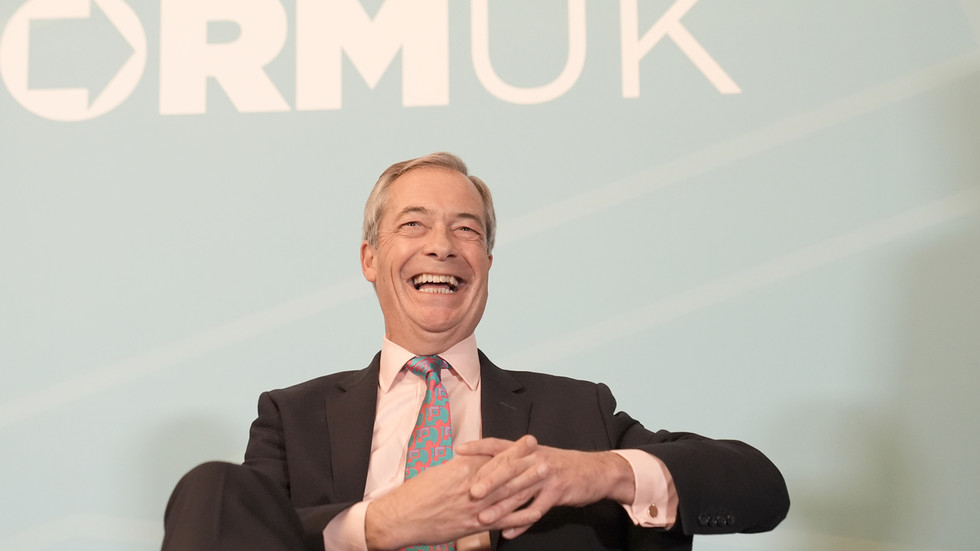- U.S.
- World
- Business
- Arts
- Lifestyle
- Opinion
- Audio
- Games
- Cooking
- Wirecutter
- The Athletic
You have a preview view of this article while we are checking your access. When we have confirmed access, the full article content will load.
As it concludes an epic title race, soccer’s richest competition is a picture of health on the field. Away from it, the league faces lawsuits, infighting and the threat of government regulation.

By Rory Smith and Tariq Panja
Rory Smith and Tariq Panja interviewed Premier League executives, including a number who were central to the formation of the competition in 1992, as well as academics and lawmakers.
May 17, 2024, 1:27 a.m. ET
With five minutes left in his team’s penultimate game of the Premier League season, Manchester City Manager Pep Guardiola found the tension just a little too much. As a rival striker bore down on his team’s goal, Guardiola — crouching on his haunches on the sideline — lost his balance and toppled over onto his back.
Lying on the grass and expecting the worst, he missed what may yet prove to be the pivotal moment in the Premier League’s most enthralling title race in a decade.
But the striker did not score. His effort was parried by goalkeeper Stefan Ortega, sending Manchester City above its title rival Arsenal in the standings and positioning it, if it can win again on Sunday, to become the first English team to win four consecutive championships.
“Ortega saved us,” Guardiola said afterward. “Otherwise, Arsenal is champion.”
That the destiny of the championship should have been determined only so late in the season seems fitting for what has, on the surface, been a vintage Premier League campaign.
All of that drama, though, comes with a figurative asterisk. This season’s Premier League has been defined as much by turbulence off the field — points deductions, internecine bickering, legal disputes, fraud accusations and the looming threat of government intervention — as it has been by City’s (eventual) smooth sailing through it.

.png) 7 months ago
40
7 months ago
40











